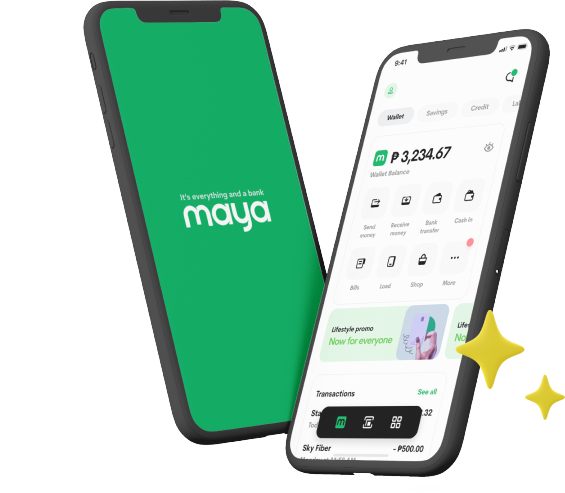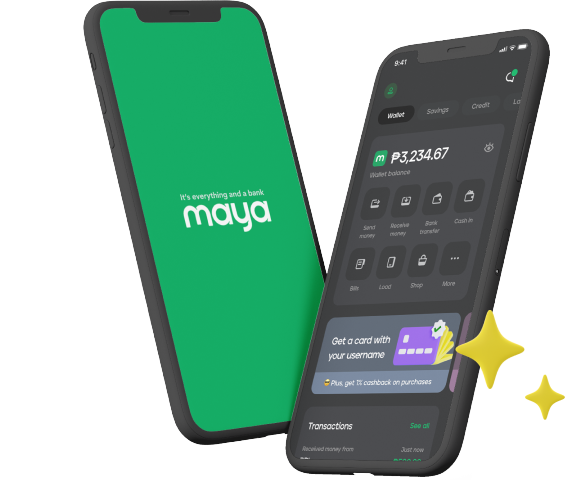
Personal money matters are always delicate issues. However, the situation often gets more complicated in the Filipino setting, where one is often expected to lend a hand to others in need. Indeed, it’s not uncommon for relatives, friends, or coworkers to ask each other for financial assistance. But if these parties can’t see eye-to-eye on their terms for borrowing money, their relationships with each other can end on a sour note. Indeed, too many relationships have been broken because emotions get in the way of money matters.
If you’re going to lend money to someone—for example, a friend or family member experiencing debt trouble—you have to know the risks. You also have to have certain safeguards in place to protect yourself financially, as well as to manage your expectations around the borrowed money. That’s the only way that you can keep both your finances and your relationships intact. Though it’s good to help others, it shouldn’t be at great risk to your own needs. To that end, here are some important reminders on lending money to others, keeping yourself accountable, and preserving your relationships.
Decide Whether You’re Lending Money or Giving It as a Gift
Something you should do before you agree to lend someone money is to decide whether repayment should be part of the picture. The truth is, in certain cases, it may be best to transfer money to someone under the pretext of it being a gift. Examples of situations like these are when someone is taking care of a sick relative or funding funeral expenses. They may not be in the best place—both financially and emotionally—to pay you back in a timely manner.
In situations like these, it may be a good idea for both parties if you just give money without any attachments. That way, you will have helped them—and you will have also mitigated your emotional expectations for whether you’ll be repaid or not.
Know the Risks
In contrast to the scenario above, perhaps you’ve indeed decided to lend someone money on the pretext of them repaying you. In that case, you have to brace yourself for several possibilities. They’ll either pay you back on time, delay their repayment, or won’t pay at all. Even if you don’t want to assume the last possibility, it could still very well happen. It’s good to be aware of the risks so that it’s easier to face any disappointment you might feel about losing your money.
Disclose Your Decision to Whoever Else Owns the Money
If you’re not the only one responsible for the money, you must inform whoever is sharing it with you about your decision to lend it. For example, if you share an account with a spouse or family member, let them know who the money is going to, and how much. The other stakeholder has the right to know about where your shared money is going. They might also be able to help you keep tabs on the borrower’s debt.
Lend Only What’s Practical for You to Lend
There are many horror stories out there about people going into debt themselves just to be able to lend money. You have to ensure this doesn’t happen to you, especially now that you need to save money during this unpredictable time. If you’ll be lending money to someone else, don’t lend outside of your limits. Agree on a certain amount to lend and then stick to it.
Stick to One Medium for Lending
It may also help to use a particular medium for lending money. This ensures that the borrower gets exactly what they need, and that your line isn’t too open. You can send money from your Maya account, for example, or do a one-time bank transfer to the borrower’s account. Keep receipts of these transactions to help the borrower account for how much they owe. For sure, this method will be easier than keeping track of individual cash payments every time they ask for money.
Get Your Agreement in Writing
One way you can safeguard your money is to have a written agreement about the amount being borrowed and the repayment terms. Some may be resistant to the idea, as borrowing money from family and friends is largely an informal endeavor. If that’s the case, let them know that it’s not because you don’t trust them. It’s more for the fact that the transaction should have proper documentation behind it, much like an ordinary receipt.
Volunteer Other Ways to Help, If Possible
Lastly, if you’re not that comfortable lending money but you still want to help someone in need, that’s perfectly all right. You can lend other resources, such as your time or your support. Perhaps you can offer them a ride or let them borrow an item they need and would otherwise have to buy for themselves. You can help them job hunt or look for scholarship resources. Lending money isn’t the only way you can assist someone. In some cases, you will be able to do a lot for your loved one without tapping into your personal savings.
Final Words: Being Wise About Money Matters and Matters of the Heart
For both money matters and matters of the heart, it’s good to be careful, practical, and transparent. That’s the secret behind managing your money and your relationships with others at the same time. Remember, generosity and kindness to others aren’t always about how much money you can give. What matters is that you give meaningfully in a way that benefits everyone.
You might also like
These Stories on Financial Literacy




